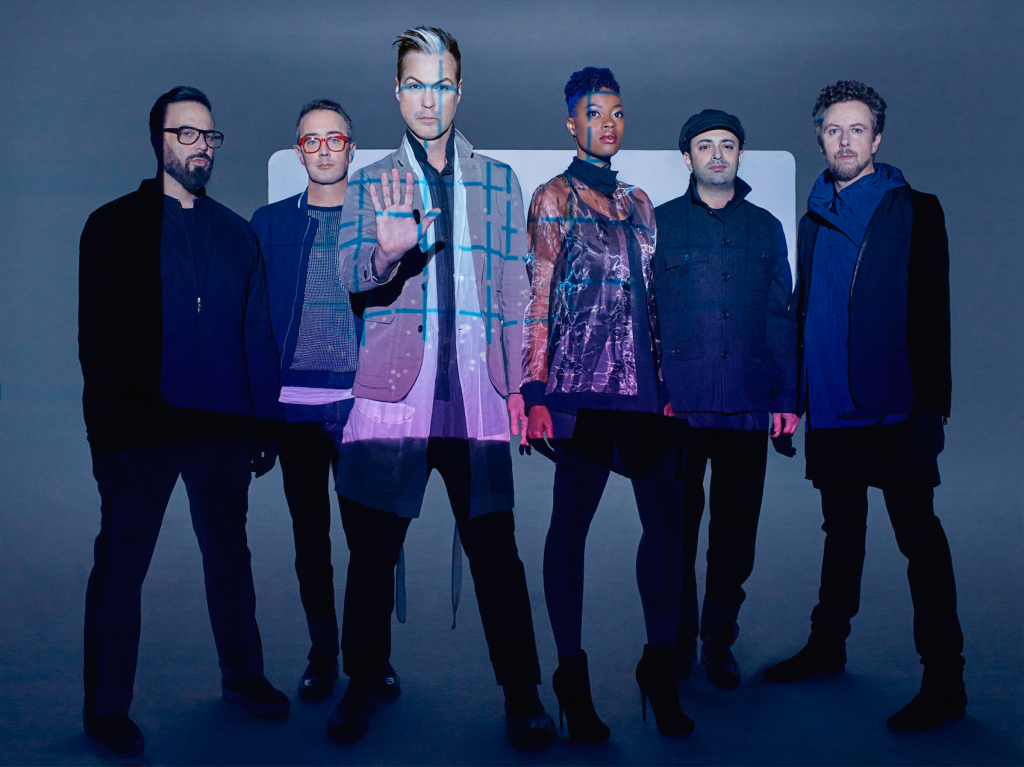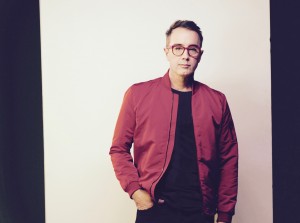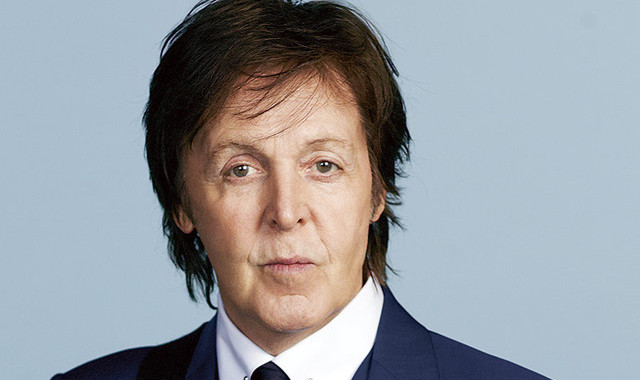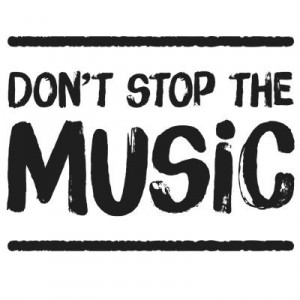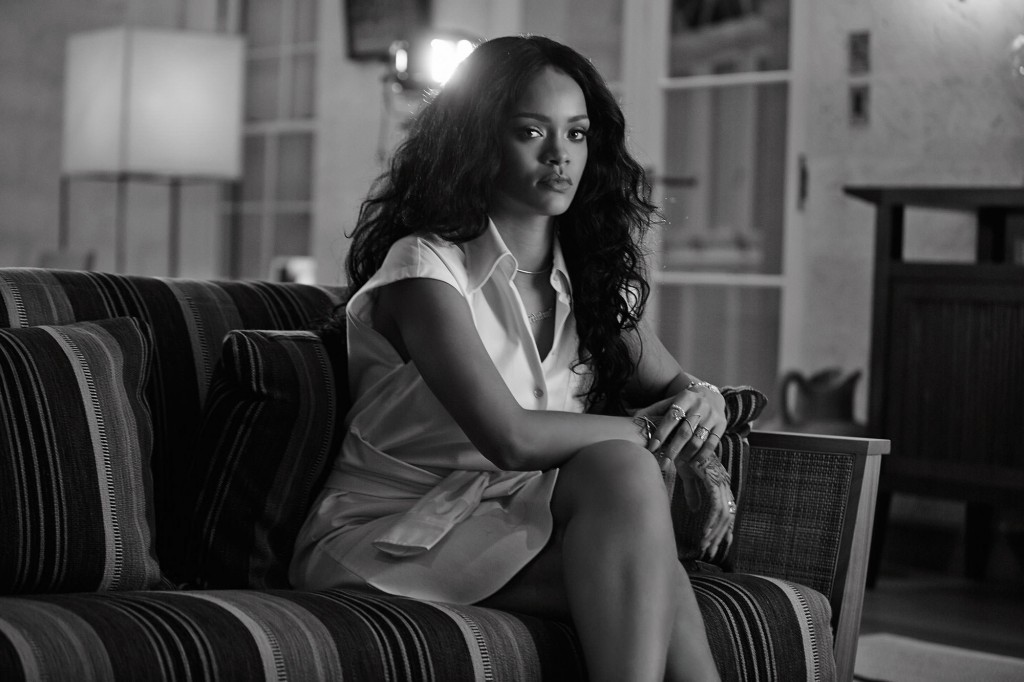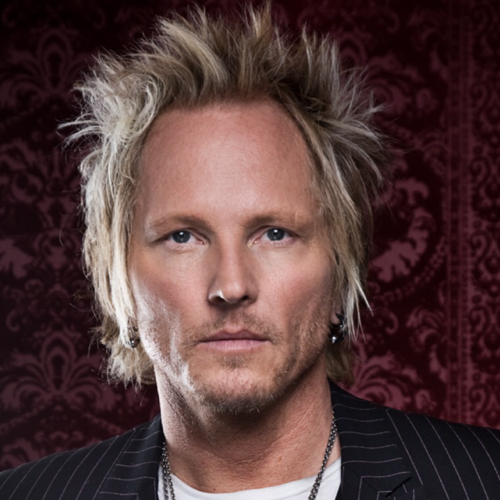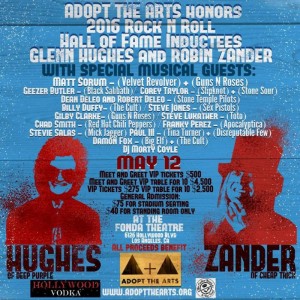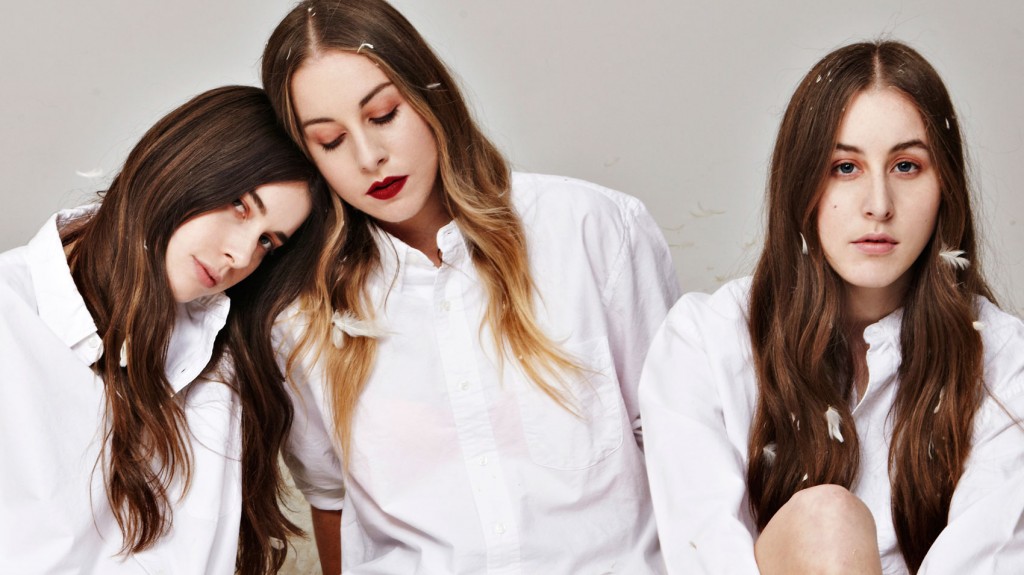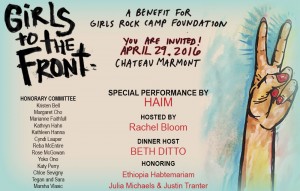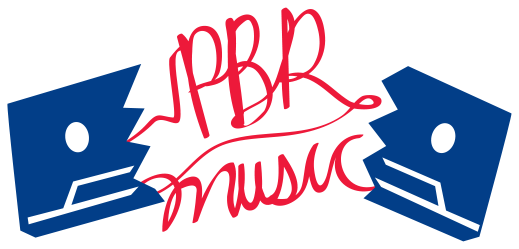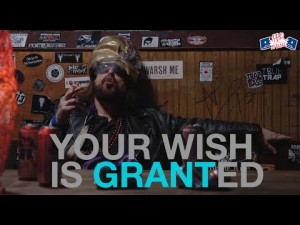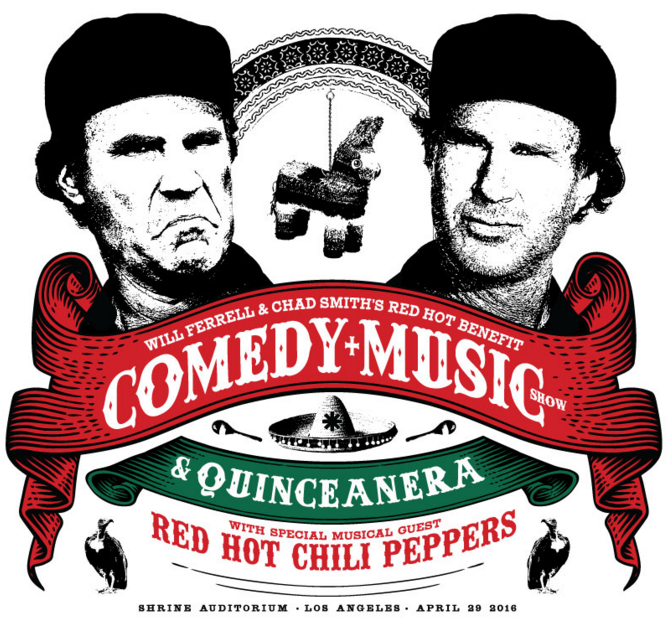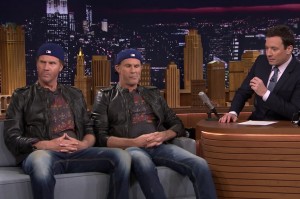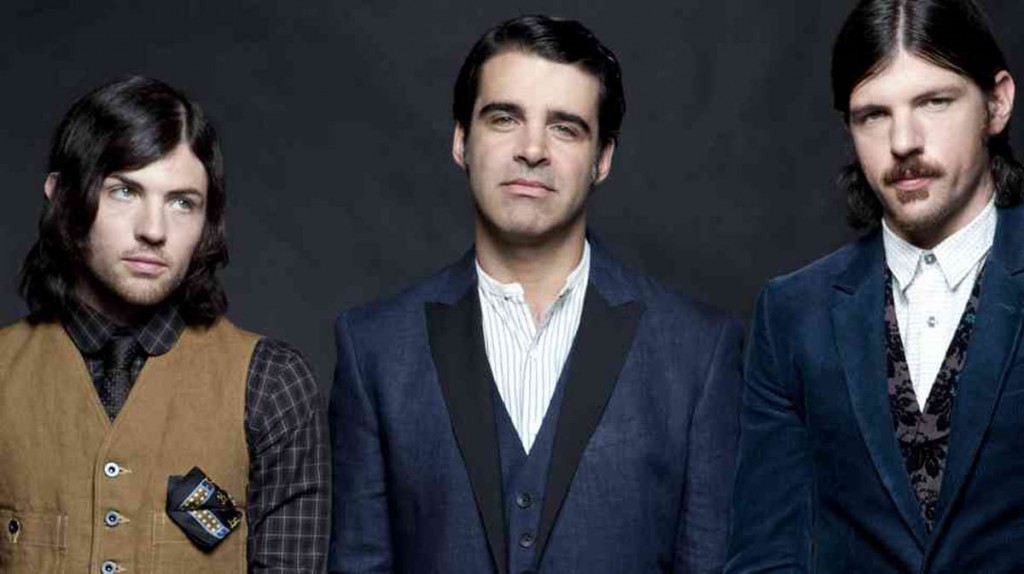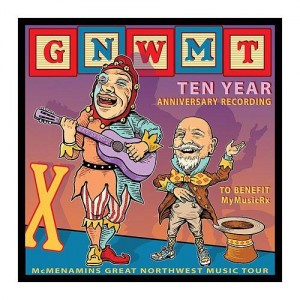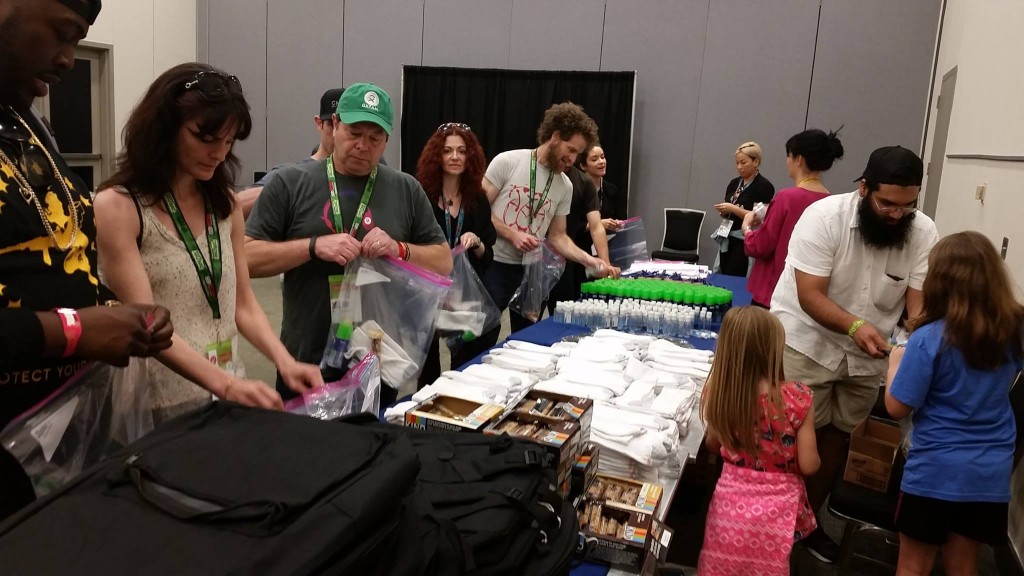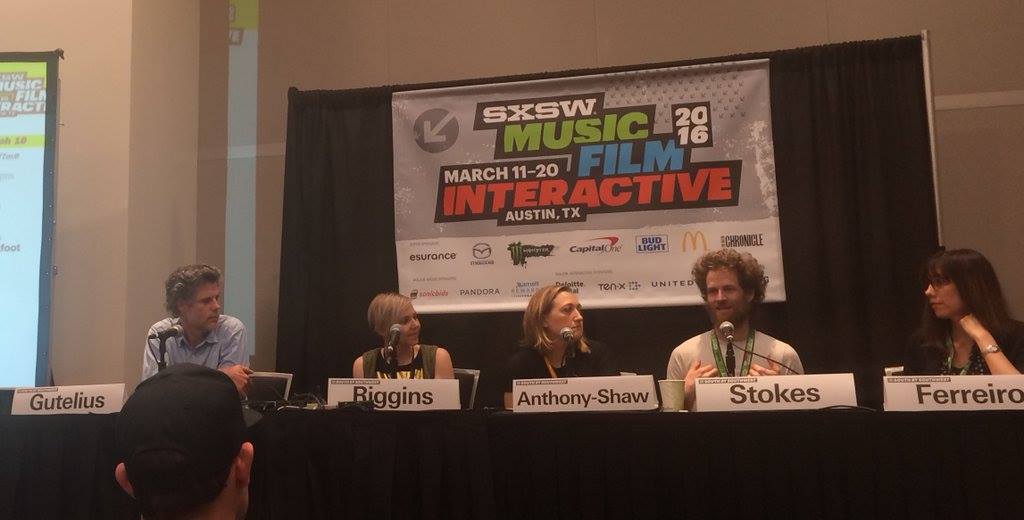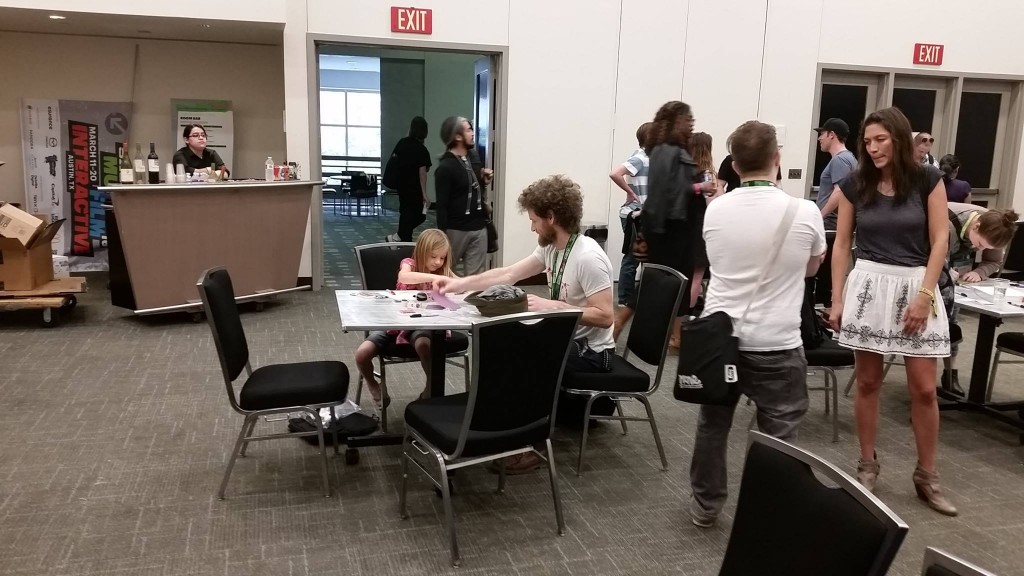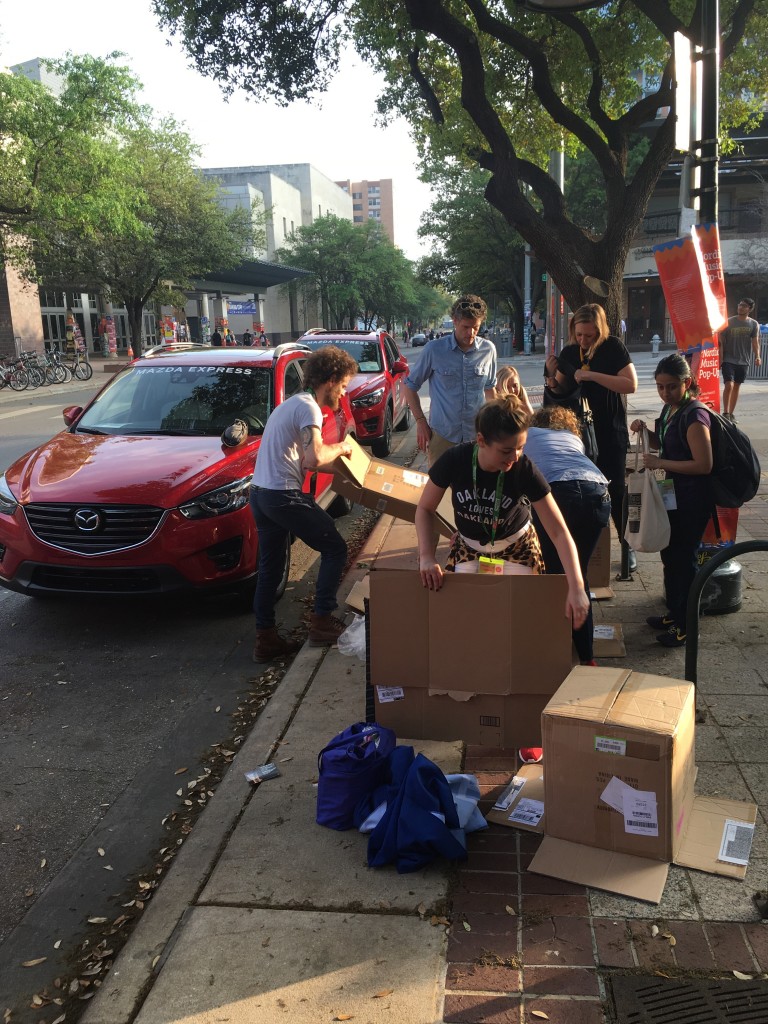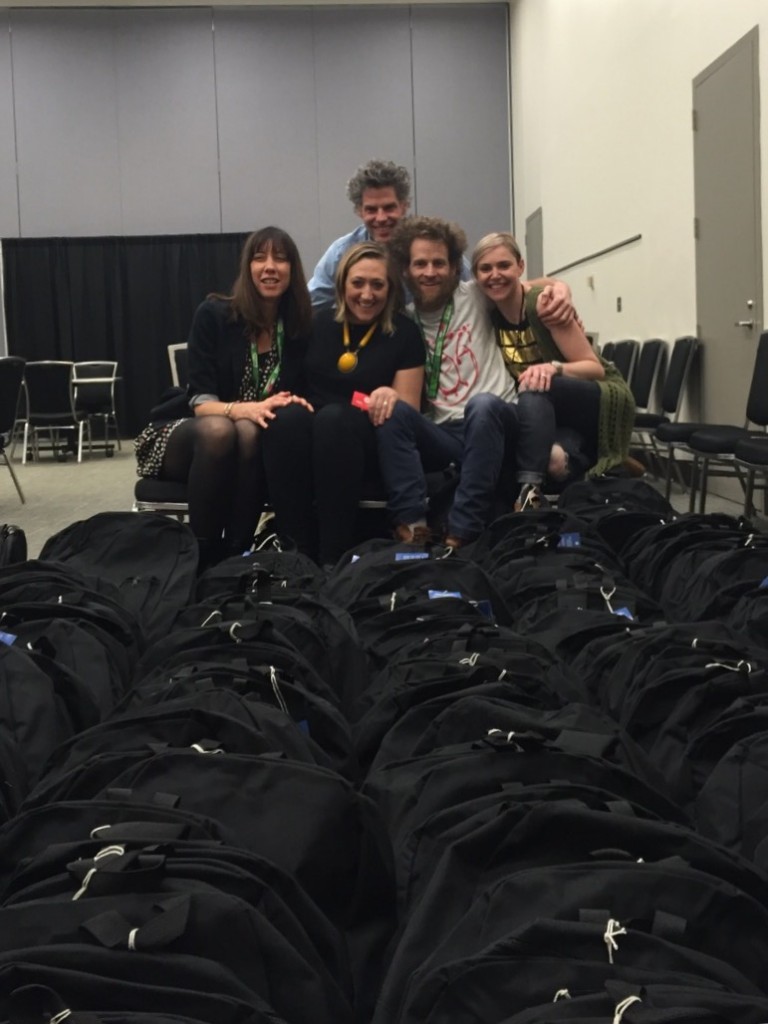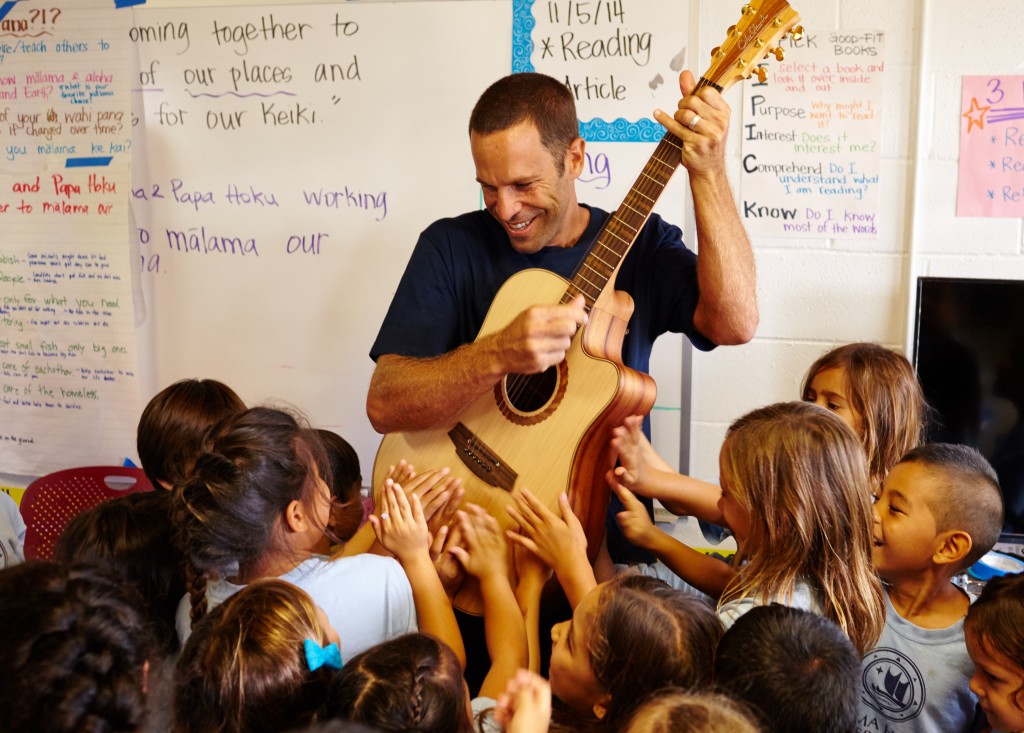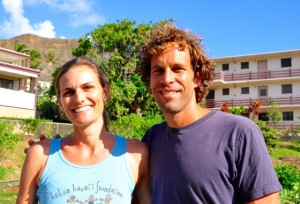By Laura Ferreiro
The life of a successful, touring musician can be hectic and demanding, but John Wicks, drummer for Fitz and the Tantrums, has found time not only to open up a popular café in his hometown, but also to ensure that it gives back to the local community.
After being a barista for years before his musical career took off, Wicks developed a passion for making good coffee and bringing people together in a relaxed, casual atmosphere to enjoy the java.
“I worked as a barista in Seattle for over 10 years back in the ‘90s,” Wicks explains to Music for Good. “Coffee provided me with income, a flexible schedule so that I could pursue my musical dreams, notoriety, a social life and a love for the craft of making espresso.” These passions inspired him to recently open Drum Coffee in his adopted hometown of Missoula, Montana.
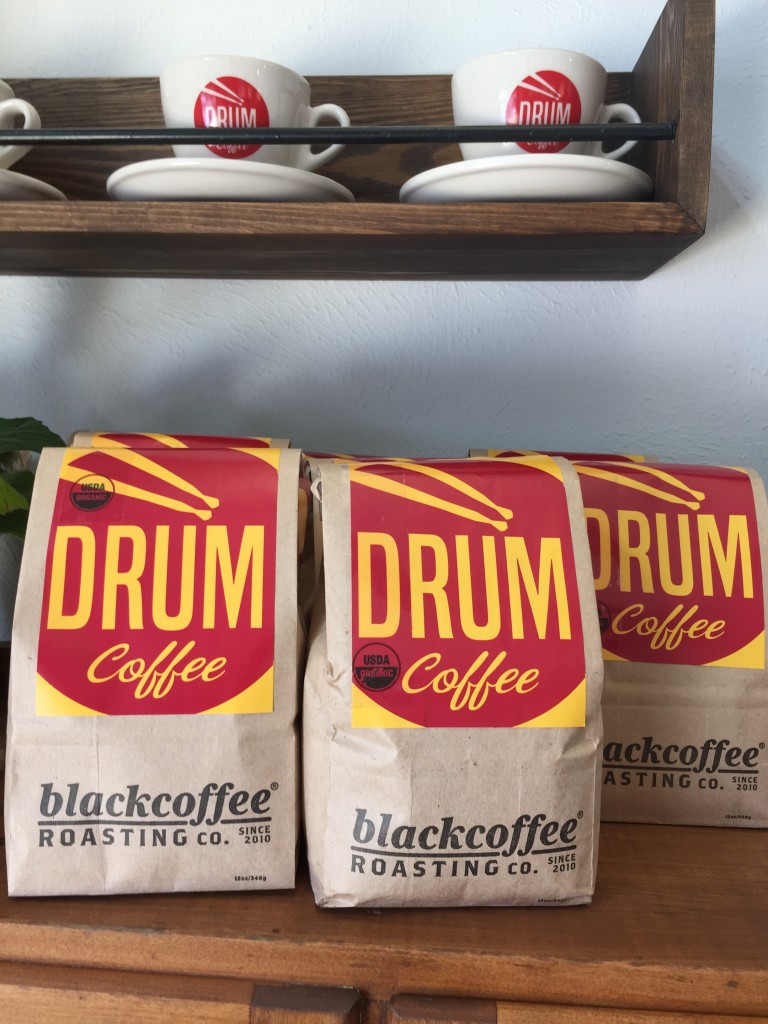 What’s more, Wicks ensures that Drum Coffee supports the local community by donating a percentage of its sales to renowned charities voted on by its customers. “We choose three local non-profit organizations quarterly,” says the renowned percussionist who co-founded Fitz and the Tantrums and has played with artists including B.O.B., George Clinton, David Byrne, Meshell Ndegeocello, Chocolate Genius, Money Mark and RZA. “Each time a customer makes a purchase, he or she may vote for one of the three non-profits we are supporting at that time. We then allocate two percent of sales based on the number of votes each organization receives during the three-month donation period.”
What’s more, Wicks ensures that Drum Coffee supports the local community by donating a percentage of its sales to renowned charities voted on by its customers. “We choose three local non-profit organizations quarterly,” says the renowned percussionist who co-founded Fitz and the Tantrums and has played with artists including B.O.B., George Clinton, David Byrne, Meshell Ndegeocello, Chocolate Genius, Money Mark and RZA. “Each time a customer makes a purchase, he or she may vote for one of the three non-profits we are supporting at that time. We then allocate two percent of sales based on the number of votes each organization receives during the three-month donation period.”
Drum Coffee currently supports the local YWCA as well as Animeals, a no-kill pet adoption center and food bank, and Open Aid Alliance, which provides free HIV testing and AIDS prevention education and outreach.
Wicks was a big fan of the casual, communal meeting-house vibe of the Seattle coffee houses where he worked in the ‘90s, which he believes is absent from most cafes these days. “Unfortunately, the ‘third wave’ of coffee culture that is happening now has taken a lot of the social aspect and fun out of the experience,” he says. “While the quality of coffee is higher than it ever has been, and the science and methodical preparation is incredible, the fun is gone. Most cafes I go into now are very museum-like. The baristas are intimidating, folks are scared of seeming stupid, and the atmosphere is quiet with folks mainly there for free WiFi. I pined for the casual vibe of the ‘90s Seattle coffeehouses and the social aspect of Italian cafes. I wanted to provide a meeting place for the neighborhood to come together and chat, gossip, and rub elbows with one another and the barista.”

